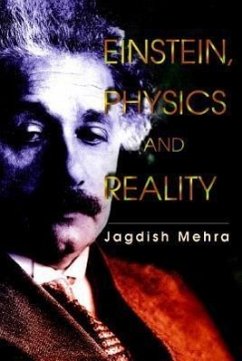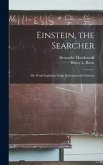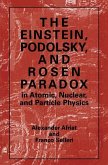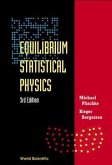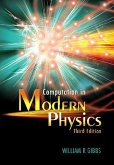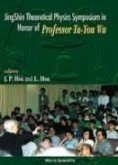Albert Einstein was one of the principal founders of the quantum and relativity theories. Until 1925, when Bose-Einstein statistics was discovered, he made great contributions to the foundations of quantum theory. However, after the discovery of quantum mechanics by Heisenberg and wave mechanics by Schrodinger, with the consequent development of the principles of uncertainty and complementarity, it would seem that Einstein's views completely changed. In his theory of the Brownian motion, Einstein had invoked the theory of probability to establish the reality of atoms and molecules; but, in 1916-17, when he wished to predict the exact instant when an atom would radiate -- and developed his theory of the A and B coefficients -- "a statistical residue remained," which he did not quite have the courage of his convictions to accept, as he told his friend Max Born. However, he wrote later to Born that quantum mechanics "is certainly imposing," but "an inner voice tells me that it is not the real thing ... It does not bring us closer to the secret of the 'Old One'. I, at any rate, am convinced that He is not playing at dice." At the 1927 and 1930 Solvay Conferences on Physics in Brussels, Einstein engaged in profound discussions with Niels Bohr and others about his conviction regarding classical determinism versus the statistical causality of quantum mechanics. To the end of his life he retained his belief in a deterministic philosophy. This highly interesting book explores Einstein's views on the nature and structure of physics and reality.

